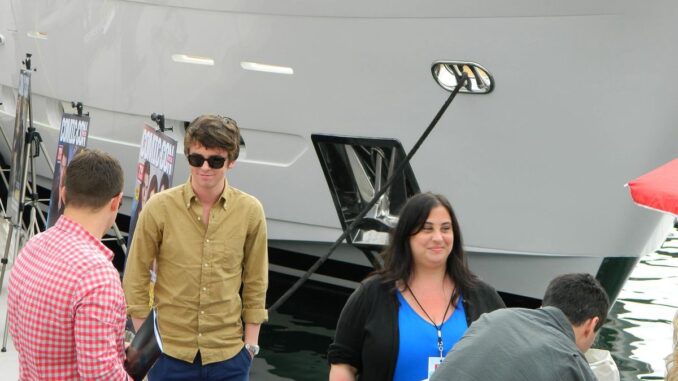
It broke barriers, challenged stereotypes — and forced television to look in the mirror.
When The Good Doctor premiered, few expected a medical drama to ignite one of television’s most important cultural conversations. An autistic surgeon leading a primetime network show? It was both a creative gamble and a bold statement. Yet Freddie Highmore’s portrayal of Dr. Shaun Murphy quickly turned skepticism into fascination — and fascination into debate.
Shaun wasn’t written to inspire pity. He wasn’t the quirky genius side character or the comic relief outsider. He was the story. Week after week, viewers saw a man whose precision in surgery contrasted with the chaos of human interaction — a character navigating empathy through logic, and logic through heart. For millions, that was revolutionary. “I hope people see autism differently,” Highmore told Good Housekeeping. “Not as a limitation, but as a form of diversity.”
That sentiment echoed far beyond television screens. For some autistic viewers, Shaun’s presence felt like long-overdue validation — a rare depiction that didn’t flatten their identity into a label. Parents, educators, and advocates praised the show for humanizing neurodivergence without turning it into tragedy.
But visibility, as it turns out, is only the first step toward representation. Critics pointed out that Shaun’s “savant” brilliance reinforced a persistent media stereotype — that autism always comes with extraordinary talent. Others questioned why, in a story about an autistic character, no autistic actors were cast in major roles. Authenticity, they argued, shouldn’t be treated as an afterthought.
Still, even its flaws mattered. The Good Doctor opened a door that had been closed for too long. It gave the public a vocabulary to discuss neurodiversity — in classrooms, in hospitals, in workplaces — and made empathy a collective act rather than a personal virtue. It reminded audiences that difference isn’t deficiency; it’s a perspective the world too often overlooks.
By the time the series finale aired, The Good Doctor had achieved something rare in network television: it made millions feel compassion, not curiosity, toward someone who experiences the world differently. And perhaps that’s the real diagnosis the show offered us all — that understanding begins not with perfection, but with the courage to portray imperfection honestly.
